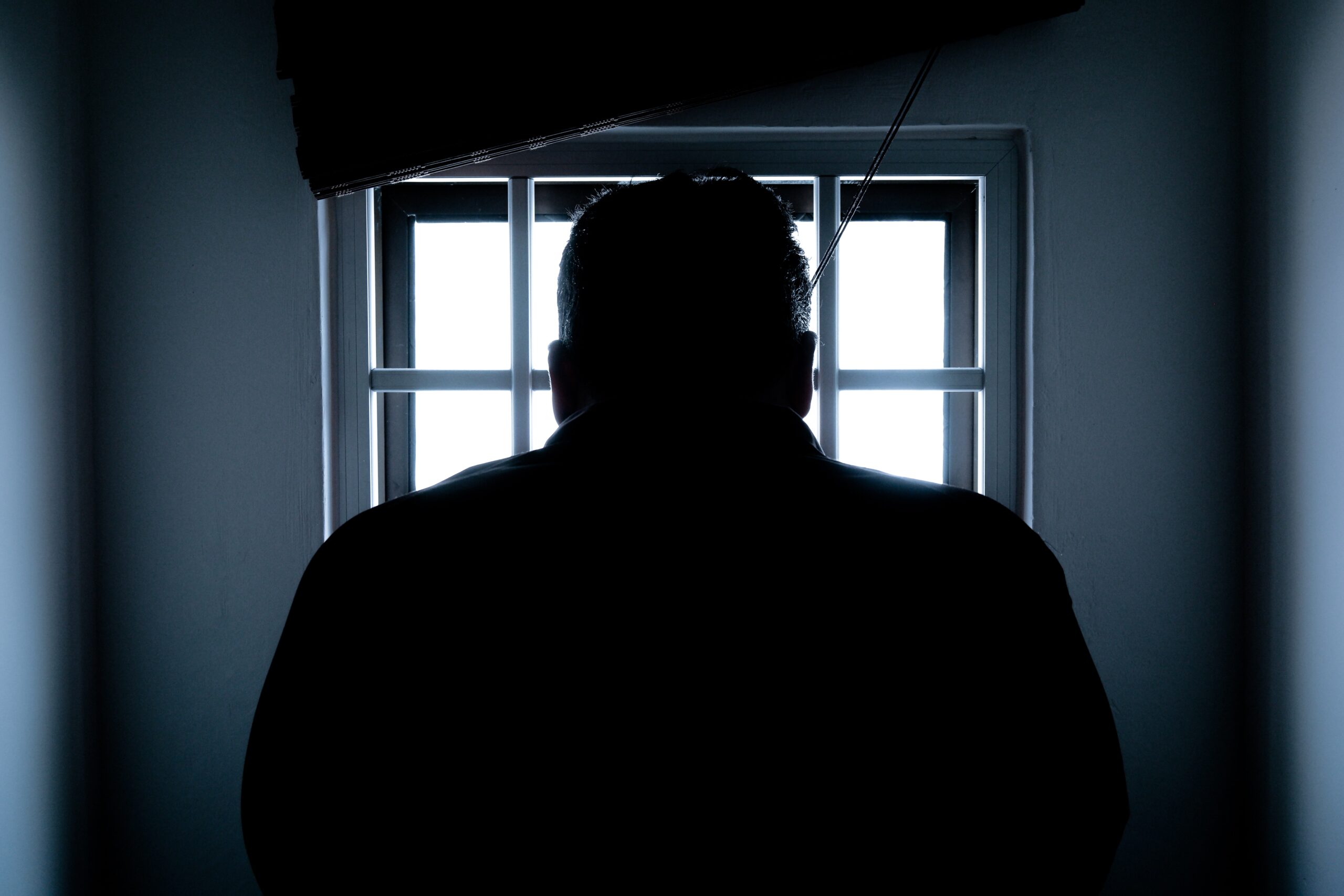In September 2019, the European Union EL PAcCTO, EUROsociAL + and COPOLAD II programmes organised the “Bi-regional conference on the development of the use of alternative measures to prison” in Montevideo, Uruguay. At this Conference, representatives at the highest level of the ministries in charge of prison affairs, of the Judicial Powers and Supreme Courts of Justice of Latin America agreed on a final declaration: the Montevideo Declaration.
A commitment to the development of a more systematic use of alternative measures to prison for minor crimes. Also for people who do not represent a danger to the community.
In the current health emergency and as a follow-up to the Montevideo Declaration, the three regional programmes of the EU have organised a webinar for 3 June. The aim is to analyse the use of alternative measures to prison in the context of COVID-19 and future challenges.
Prisons before the COVID-19 pandemic
The current state of the prison systems in Latin America, which are already overcrowded (in some countries exceeding 300% of their capacity) and suffer from poor conditions of confinement (insufficient access to drinking water or lack of hygiene), has been aggravated in recent weeks by the health emergency derived from the spread of the SARS-CoV-2 virus that causes the disease COVID-19.
The impossibility of social distancing places inmates in a more vulnerable situation. They are susceptible to greater contagion. There are also certain groups considered high-risk. Either due to their age, previous illnesses, pregnancy or to having children below legal age in prison. This tension has been reflected in the multiple riots and protests that have occurred in recent weeks in some prisons in various countries. Examples include Colombia, Peru, Argentina, Venezuela, Brazil, as well as France and Italy.
Organised criminal groups are taking advantage of the situation to expand their power in the prisons and to organise riots and rebellions. The aim is to obtain benefits for their leaders. Organised crime plays an important role in penal institutions as it responds more immediately to inmates’ demands.
EL PAcCTO wagers on alternative measures to prison
At EL PAcCTO, we believe that alternative measures to prison are an effective tool to avoid overcrowding. And also to prevent the lethal effects of the COVID-19 pandemic in prisons, to guarantee human rights and to fight against organised crime. They must be implemented during and after the health crisis.
On 6 May we therefore organised a webinar to analyse what judicial measures have been implemented in the European Union and Latin America. More than 80 representatives of the justice and prison systems from 17 EU countries and Latin America shared their experiences in this area.
A regional evaluation was also conducted to give all the institutions of the criminal justice system the best means of dealing with detainees.
These two actions are complemented by the webinar that we are organising with EUROsociAL+ and COPOLAD II for 26 May.
Between 2018 and 2019 we implemented 66 activities on “alternative measures to prison” with a budget of more than 260 thousand euros. In this regard, we have worked with Argentina, Brazil, Chile, Colombia, Costa Rica, Cuba, Ecuador, El Salvador, Guatemala, Honduras, Mexico, Panama, Peru and Uruguay.
Furthermore, we have collaborated with institutions such as the Ibero-American Judicial Summit, the Conference of Justice Ministers and ILANUD. We have also cooperated with the OAS and the IDB.
In 2020 we hope to implement 51 more activities on this topic, always depending on the evolution of the pandemic.
